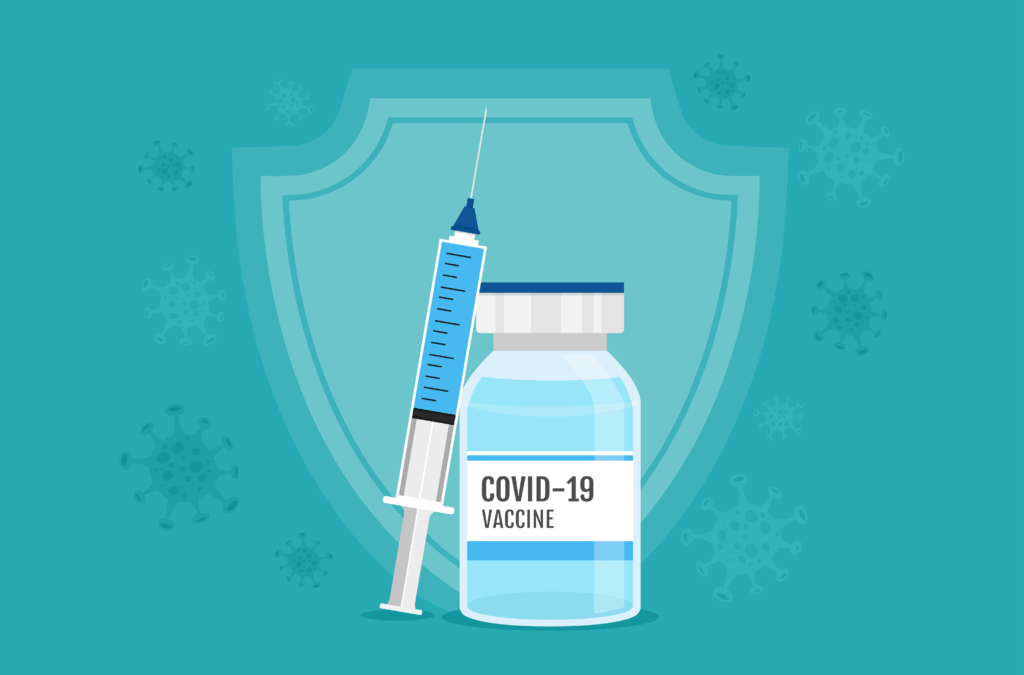
New Data Initiative Targets Superusers

Five percent of patients in the United States account for 59% of healthcare costs, according to the Agency for Healthcare Research and Quality.
Though these superusers come from diverse socioeconomic groups, there is a paucity of crucial research data from certain communities. That’s why the Department of Health and Human Services has begun to collect and research data from Americans whose class, race, gender and/or culture have been underrepresented.
Near the end of last year, HHS, through its Health Resources and Services Administration (HRSA), awarded $21 million to 46 community health centers to survey and collect medical research data on understudied groups of Americans. The initiative is called the All of Us Research Program and is curated by the National Institutes of Health.
“HRSA-supported community health centers’ participation in the All of Us Research Program is a critical opportunity for individuals from all walks of life to be represented in research and support the next generation of medical innovation,” HHS Secretary Alex Azar said in a press release. “All of Us will lay the scientific foundation for a new era of personalized, highly effective healthcare. We look forward to working with people of all backgrounds to take this major step forward for our nation’s health.”
According to HHS, there are about 1,400 health centers operating more than 11,000 service delivery sites in the United States, serving more than 27 million individuals. The HRSA subsidy will advance health centers’ interoperability and preparedness to use and share patient data to assist research.
The All of Us Research Program hopes to build a network of at least 1 million U.S. participants.
“Our mission is to accelerate health research and medical breakthroughs, enabling individualized prevention, treatment and care for all of us,” Alyssa Cotler, director of communications at All of Us, tells Leader’s Edge.
“Beyond engaging a diverse participant cohort, we’re bringing together a diverse set of data—including information from surveys, EHRs, physical measurements, biosamples and digital health technologies. Researchers will be able to use that information to learn more about how individual differences in lifestyle, environment and biology influence health and disease. Their findings may lead to more tailored prevention strategies and treatments in the future,” she says.
Anonymized data will become accessible to researchers, according to Cotler.
“Researchers of many kinds will be able to request access to the de-identified data, though there will be some limits on appropriate data uses,” she says. “Researchers seeking access will have to verify their identify, take research ethics training, sign a code of conduct, and describe their research purpose for posting online. In some instances, additional approvals may be required from an All of Us committee that oversees data access. Full details about the registration process and prohibited uses of data (such as marketing, for example) will be outlined in the program’s forthcoming data use agreement.
“The All of Us Data and Research Center, led by NIH awardee Vanderbilt University Medical Center, is charged with acquiring, organizing and providing secure access to the program’s data set. Later this year, we anticipate launching the All of Us Research Hub, where researchers will be able to request access to program data for analysis. Researchers will bring their own questions and hypotheses to the data set, which will grow over time as we add more participants and new data types.”
Specialized medicine is receiving substantial attention as a long-term potential cost saver, especially in high-use cases and underserved communities. “We are increasingly seeing more and more of our clients’ overall dollar spend jam-packed into a very small number of members, and that trend is growing,” Dr. Ronald Leopold, chief medical officer at Lockton Companies, told Leader’s Edge. “If you are looking for cost mitigation, the real runaway costs are in this population.”
But addressing the problem requires lots of data, careful analysis, and a range of solutions that meet the needs of the superuser populations—the core purpose of the All of Us endeavor.
At least one insurer is part of the effort.
“Blue Cross Blue Shield Association is a member of the All of Us consortium, helping raise awareness about the program among the diverse communities it serves. BCBSA joined as a sub-awardee of Scripps Research, which spearheads national engagement activities for our direct volunteers (those who join apart from affiliated healthcare provider organizations),” according to Cotler.
“BCBSA insures one in three Americans, and we have prioritized precision medicine as a key focus,” Nick D’Addezio, executive director of development and international business at Blue Cross Blue Shield Association, tells Leader’s Edge. “The Blue system should fit well with the values of the All of Us initiative. The diversity angle was important to us. We are the only insurer in every zip code in the United States, and we want to bring personalized medicine to all our clients. It was really a no-brainer.
“We can bring a lot of value to the program in terms of awareness. We’re part of the direct volunteer program about awareness and educating on the importance of being part of research. We want our members in our communities to understand that medicine is for all of us. We currently have challenges in that. Minority populations have traditionally been underrepresented.”
More than research, though, the program hopes to yield results that manage and reduce the incidence of expensive chronic illnesses and high-cost, critical disease.
“Precision medicine should help improve quality outcomes, value and equity,” says D’Addezio. “We want to help create better drug therapies, better medicines. We are about value-based healthcare that is equitable. We are looking at it from a long-term perspective. From a cost perspective, we’re not necessarily sold that precision medicine must increase prices in the short term. With proper education, making sure the right people are enrolled in clinical trials, etc., we think we are uniquely positioned to educate the system on the right way to evolve precision medicine.”
Those interested in joining the All of Us Research Program who don’t have access to participating provider organizations can enroll online through the Participant Center. A list of subcontractor participants and awardees is available at the Participant Center as well.




